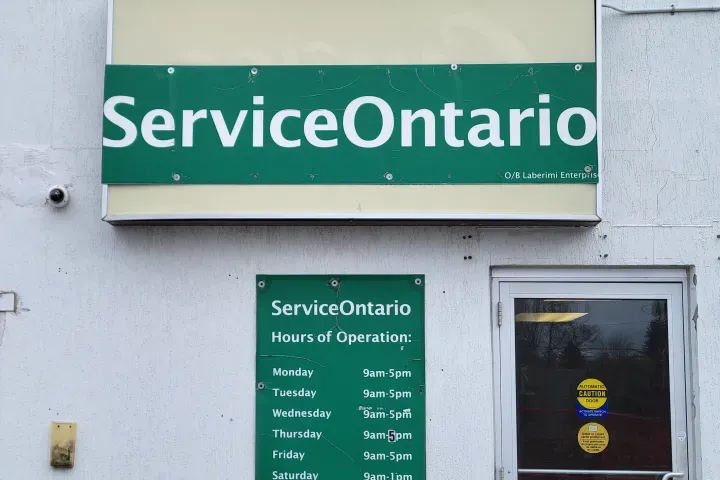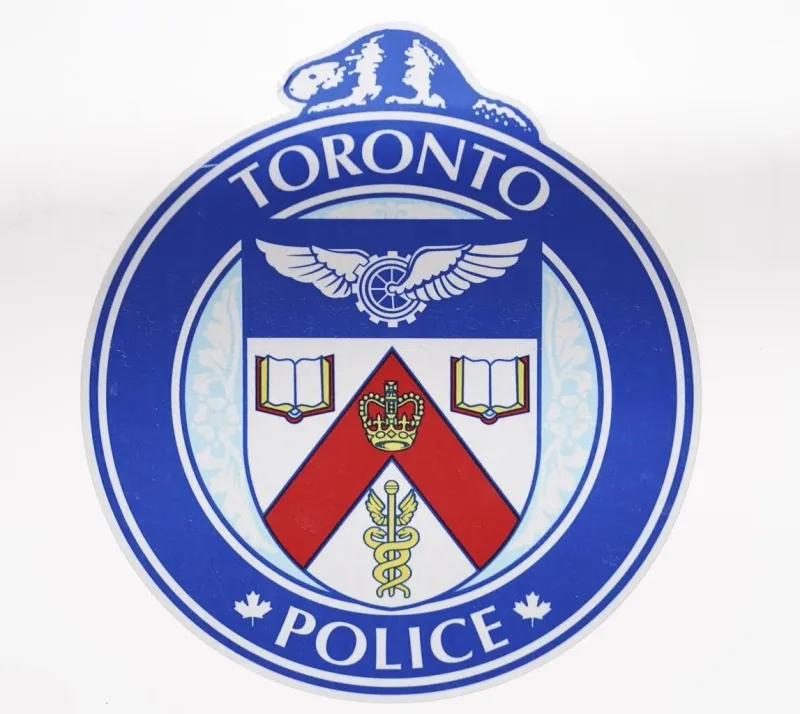Stolen vehicle registration schemes in Ontario and the stiff penalties proposed
The Ford government is set to introduce stiff penalties for thieves who rip off legitimate vehicle identification numbers and apply them to stolen vehicles, in an attempt to crack down on a growing auto-theft-related issue.

Ford Government to Introduce Tougher Penalties for VIN Fraud Amid Rising Auto Theft
The Ford government is preparing to introduce harsh penalties targeting criminals who alter legitimate vehicle identification numbers (VINs) and apply them to stolen vehicles, Global News has learned. This move aims to address a growing issue linked to auto theft.
While governments at various levels have invested hundreds of millions to combat auto theft, experts have warned of an additional layer of crime: manipulating a vehicle’s unique 17-character VIN. This code, which provides information about a vehicle’s make, model, year, and manufacturing location, acts like a car’s fingerprint, making it a key target for criminals seeking to make stolen vehicles appear legitimate.
The Insurance Bureau of Canada has highlighted that the practice, known as “re-VINing,” has become especially common in Ontario and has urged the Ford government to implement reforms.
According to internal government documents obtained by Global News, Ontario has been monitoring the issue closely. Between 2023 and 2024, ServiceOntario investigated 615 cases of fraudulent vehicle registrations, prompting the government to explore new tools for law enforcement.
The Ford government now plans to introduce legislation under the Highway Traffic Act that will criminalize knowingly submitting false VINs to the Ministry of Transportation. The new law will impose fines and jail time for offenders.
“We’re working on legislation to bring in some of the toughest penalties on the impacts of re-VINing,” said Transportation Minister Prabmeet Sarkaria at a Sunday press conference.
Although Sarkaria didn’t provide specifics, internal documents reveal the penalties under consideration:
- Fines: $50,000 to $75,000 for a first offence, rising to $75,000 to $100,000 for a second offence
- Jail time: Up to six months
- Driver’s license suspension: Up to one year
Initially, the province had considered lower fines ranging from $5,000 to $25,000 but increased the amounts in the final legislation.
While these measures are intended as deterrents, it is unclear whether the government plans to adopt preventative strategies that have proven effective elsewhere. In 2021, during Caroline Mulroney's tenure as Transportation Minister, Ontario began consultations to improve its assigned VIN program.
The Ministry of Transportation requires a sworn affidavit to assign a new VIN, but consultations explored whether applicants should also pay a fee for a thorough investigation. Alberta and Saskatchewan use third-party investigators to inspect vehicles and their histories before assigning VINs, with costs between $100 and $500. Both provinces reported significant improvements in their VIN programs and better recovery rates for stolen vehicles after implementing these measures.
In the meantime, sources told Global News that the Ontario government has made several behind-the-scenes adjustments at ServiceOntario to address VIN fraud. The exact nature of these changes remains confidential for “operational security reasons” to prevent fraud detection techniques from being publicly disclosed.
NDP MPP Jennifer French has urged the government to overhaul Ontario’s VIN database following multiple police operations uncovering VIN-related fraud. In one instance, Toronto police charged a ServiceOntario employee accused of issuing “legitimate-looking vehicle registrations” to disguise stolen cars with fake VINs.
“We should expect that any VIN in the registry is legitimate,” French told Global News. “We shouldn’t question the legitimacy of the VIN database.”
French also called for greater transparency around ServiceOntario's fraud detection process and improvements to its internal audit system. “It’s at best a work in progress or at worst a mess,” she said. “We need to tidy that up and ensure the VIN database has integrity.”
The Insurance Bureau of Canada has also urged the Ford government to introduce additional preventative measures, such as restricting public access to detailed vehicle history reports that include VINs. The bureau has further recommended the creation of a national VIN database by the federal government.
The new legislation is expected to be tabled on November 4.





